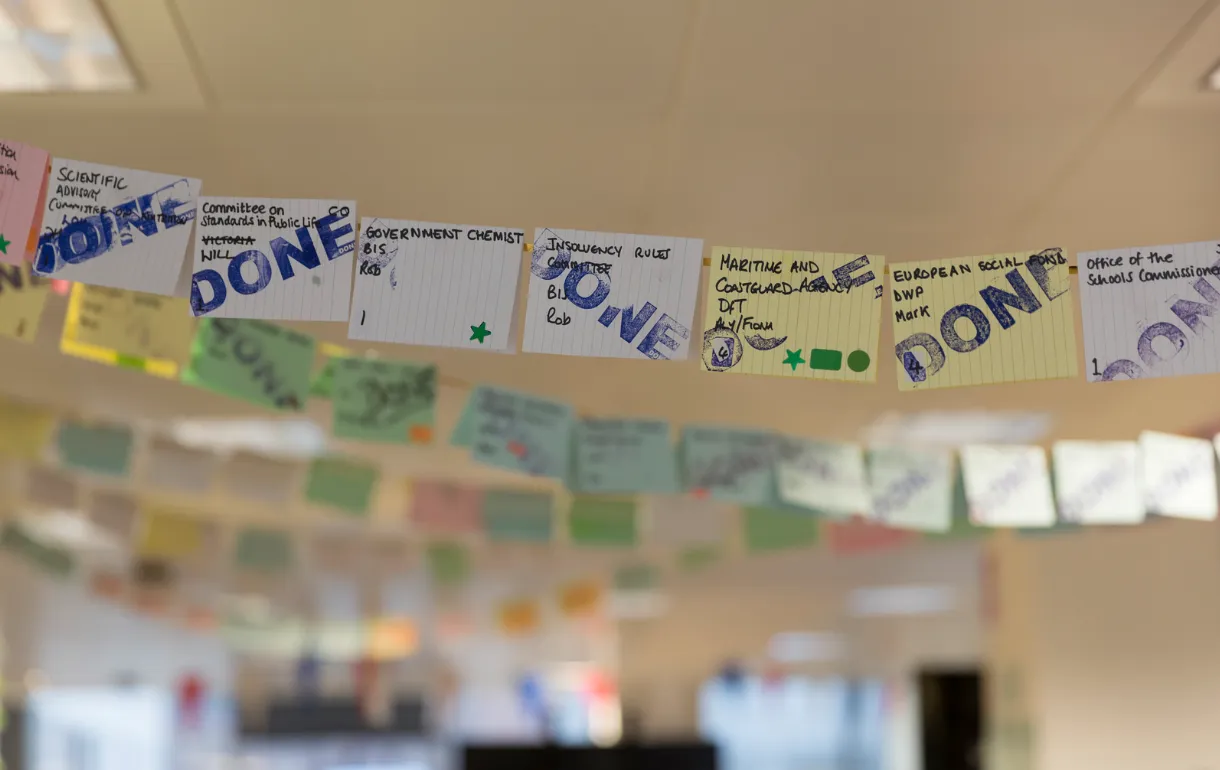1. Time Blocking
Time Blocking is a method where you allocate specific blocks of time for different tasks throughout your day. This approach can help you focus on one task at a time, reducing distractions and increasing productivity. By scheduling your day in advance, you ensure that each task gets the attention it deserves.
To implement Time Blocking effectively:
- Identify your most important tasks for the day.
- Allocate time slots for each task in your calendar.
- Stick to the schedule and avoid multitasking.
2. The Eisenhower Matrix
The Eisenhower Matrix is a decision-making tool that helps you prioritize tasks based on urgency and importance. By categorizing tasks into four quadrants, you can quickly identify which tasks require immediate attention and which can be scheduled for later or delegated.
The four quadrants are:
| Quadrant | Description |
|---|---|
| 1. Urgent and Important | Tasks that need immediate attention |
| 2. Important but Not Urgent | Tasks that are important but can be scheduled |
| 3. Urgent but Not Important | Tasks that can be delegated |
| 4. Not Urgent and Not Important | Tasks that can be eliminated |
Using the Eisenhower Matrix can help you focus on what truly matters, making it easier to manage your time effectively.
3. Kanban Method
The Kanban Method is a visual task management system that allows you to see your work in progress. By using a Kanban board, you can track tasks from start to finish, making it easier to identify bottlenecks and optimize your workflow.
To set up a Kanban board:
- Create columns for each stage of your workflow (e.g., To Do, In Progress, Done).
- Add tasks as cards and move them through the columns as you progress.
- Limit the number of tasks in each column to maintain focus.
This method not only visualizes your workload but also encourages continuous improvement in your productivity.
4. Pomodoro Technique
The Pomodoro Technique is a time management method that encourages focused work sessions followed by short breaks. This technique can enhance concentration and prevent burnout, making it an effective alternative to GTD.
To use the Pomodoro Technique:
- Choose a task you want to work on.
- Set a timer for 25 minutes and work on the task until the timer goes off.
- Take a 5-minute break before starting another 25-minute session.
- After completing four Pomodoros, take a longer break (15-30 minutes).
This method helps maintain high levels of productivity while allowing for necessary downtime.
5. Getting Things Done® Lite
If you appreciate the principles of GTD but find it overwhelming, consider a simplified version known as Getting Things Done® Lite. This approach focuses on the core concepts of GTD while streamlining the process to make it more manageable.
To practice GTD Lite:
- Capture tasks in a single list without getting bogged down by context or projects.
- Review your list regularly (weekly or bi-weekly) to ensure nothing falls through the cracks.
- Focus on completing one task at a time instead of juggling multiple tasks.
This simplified method retains the essence of GTD while making it easier to implement in your daily life.
Conclusion
Finding the right productivity method can significantly impact your ability to manage tasks and reduce stress. Whether you choose Time Blocking, the Eisenhower Matrix, the Kanban Method, the Pomodoro Technique, or Getting Things Done® Lite, each of these alternatives offers unique benefits. By experimenting with these methods, you can discover which one resonates best with your workflow and lifestyle.
Incorporating these alternatives into your daily routine can lead to improved efficiency and a greater sense of accomplishment. Remember that productivity is a personal journey, and the key is to find what works best for you.





